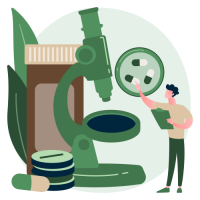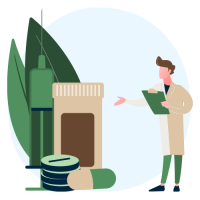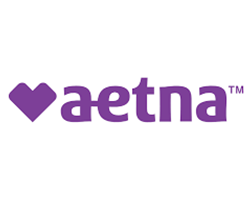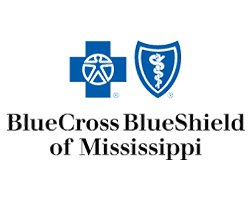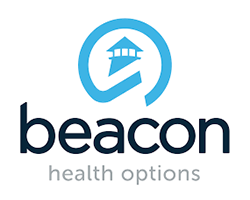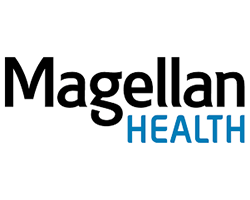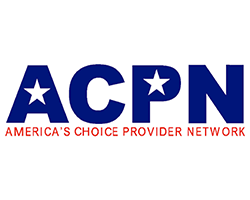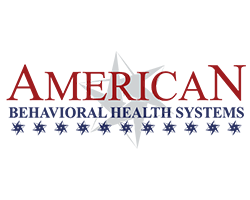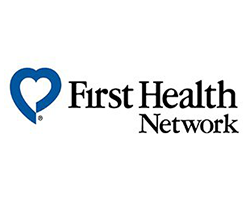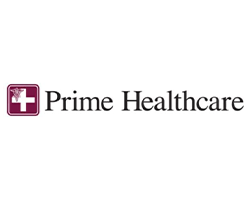Trying to overcome addiction alone can feel overwhelming, and sometimes, it leads to swapping one addiction for another. This is known as addiction replacement, when someone in recovery begins to rely on new behaviors that mimic the emotional “high” of their original addiction. Even if these behaviors seem less harmful, they can signify that deeper healing is needed.
Woodland Recovery Center’s addiction treatment programs in Mississippi help clients understand these patterns and build healthier ways to cope so recovery is lasting and balanced.
What does replacing one addiction with another mean in recovery?
In recovery, some people unintentionally begin replacing one addiction with another. This is often called addiction swapping or trading addictions. While it may seem like an improvement to replace a harmful substance with something that appears less risky, the behavior can still be destructive if done obsessively.
Addiction swapping involves turning to a new behavior or habit that triggers similar responses in the brain. These new habits can provide a temporary sense of control, relief, or pleasure, but without addressing the root cause of the original addiction, true healing becomes harder to achieve.
What are common forms of addiction swapping?
Replacing one addiction with another can show up in many different ways. Some of the most common forms include:
- Food or binge eating (especially sugar or processed snacks)
- Excessive exercise or fitness routines
- Sex or pornography use
- Gambling (in person or online)
- Compulsive shopping or spending
- Workaholism or overachievement
- Adrenaline-seeking behaviors (risky sports or activities)
- Obsessive use of social media or technology
Although certain behaviors may appear healthy or socially acceptable, when pushed to extremes, they can result in comparable patterns of harm. The key concern with trading addictions is not just the behavior itself but the intensity, frequency, and emotional dependency surrounding it.
Why do people swap addictions after recovery?
Addiction changes the way the brain experiences pleasure and reward. When substances are removed during recovery, the brain continues to seek out that “high” through other means. This is where addiction swapping can begin.
Emotionally, people in recovery may also turn to new habits to fill a void—to numb pain, cope with trauma, or distract from difficult emotions. Without healthy coping tools in place, it’s easy to shift from one compulsive behavior to another in search of comfort or control. Mental health conditions like anxiety, depression, or unresolved trauma can also increase the risk of addiction substitution.
What are the risks of trading one addiction for another?
Just because a behavior is legal or even praised (like working hard or exercising) doesn’t mean it can’t be harmful. When someone begins obsessively relying on a new behavior to cope, they may experience:
- Social isolation or damaged relationships
- Financial strain or overspending
- Physical injury or exhaustion
- Increased anxiety, guilt, or shame
- Loss of control or neglect of responsibilities
Trading addictions can also mask deeper emotional issues that still need to be addressed. Without identifying and treating the root cause, recovery progress may stall or lead to relapse.
How can you recognize the signs of addiction substitution early?
Spotting addiction swapping early can help prevent long-term harm. Some signs to watch for include:
- Spending large amounts of time or money on a new activity
- Feeling anxious, irritable, or withdrawn when not engaging in the activity
- Using the new habit to escape uncomfortable emotions
- Justifying excessive behavior as “better than using”
- Ignoring other needs or responsibilities in favor of the new habit
If you notice these signs in yourself or a loved one, it might be time to talk to a therapist or addiction professional.
How can you prevent addiction swapping during recovery?
Preventing addiction substitution starts with awareness. The next step is building healthy, balanced routines and support systems that address physical and emotional needs. Here are some proven strategies:
- Therapy: Cognitive-behavioral therapy (CBT), dialectical behavior therapy (DBT), and other evidence-based approaches help people recognize patterns and develop better coping strategies.
- Mindfulness and self-awareness: Practices like meditation, journaling, and yoga help people stay grounded in the present and process emotions in healthy ways.
- Healthy outlets: Creative expression, nature walks, volunteering, or social connection offer alternatives that nourish rather than numb.
- Peer support: Group therapy and recovery communities provide encouragement, accountability, and shared wisdom.
Woodland Recovery Center takes a holistic approach to care. Our team looks beyond substance use to address behavioral patterns, emotional wounds, and mental health concerns that may drive addiction swapping. We offer specialized treatment programs, including addiction rehab, therapy services, and co-occurring disorders treatment for those seeking integrated mental health care.
How does Woodland Recovery Center support long-term recovery?
Sustainable recovery takes more than short-term change—it takes long-term growth. Woodland Recovery Center provides individualized treatment plans that evolve with each client’s journey. Our programs include:
- One-on-one counseling to explore trauma, triggers, and emotional needs.
- A range of evidence-based addiction therapies tailored to individual needs.
- Group therapy for connection and accountability.
- Aftercare planning and alumni support to reduce relapse risk.
- Holistic therapies promote balance in mind and body to explore trauma, triggers, and emotional needs.
We understand how complex recovery can be, especially when addiction swapping becomes part of the picture. That’s why we build skills for emotional regulation, stress management, and goal-setting to reduce the likelihood of replacing one addiction with another.
Ready for lasting change? Woodland Recovery Center is here to help
If you or someone you care about is navigating recovery and worried about trading addictions, Woodland Recovery Center is here to help. Our admissions consultants are here to help you explore your options at our treatment centers in Southaven, Mississippi.
Together, we’ll create a personalized plan focused on whole-person healing, addressing not only substance use but also the underlying behaviors that hold you back. Call 662.222.2989 or use our online contact form to connect with a team member today. Let’s move forward together.



